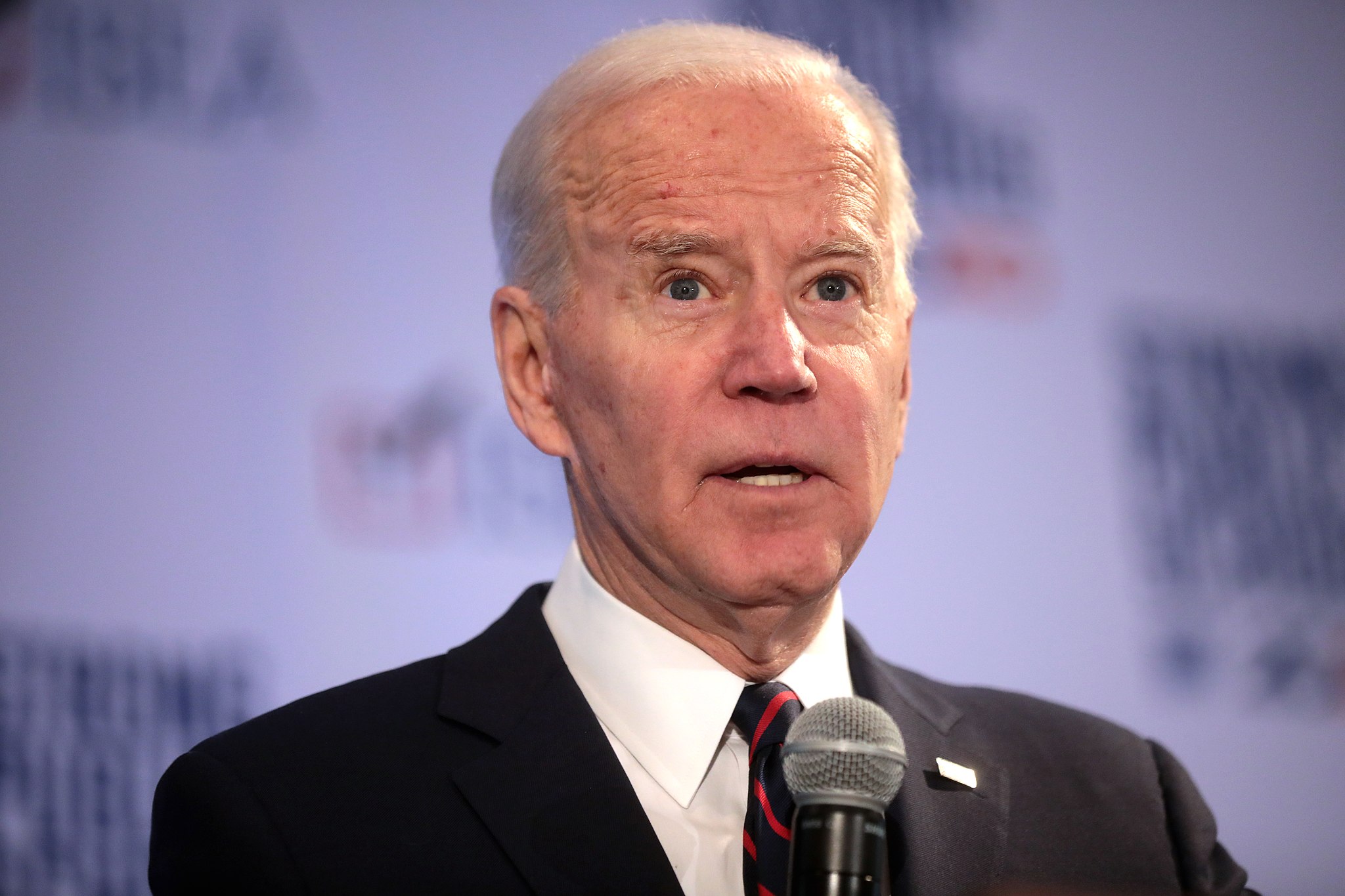Biden sleeps in as the world coordinates against the U.S.
Chinese Premier Li Qiang highlighted the “comprehensive strategic partnership” between China and Iran during a diplomatic summit, despite that country’s support for groups that have been involved in dangerous conflicts.
According to the Washington Examiner, “China is ready to work with Iran to enhance the China-Iran comprehensive strategic partnership and bring more benefits to the two peoples,” Li told a senior official from that country during a meeting of the Shanghai Cooperation Organization in Kyrgyzstan.
This meeting marked the first known public interaction between high-ranking officials from both nations, as reported by the South China Morning Post. This interaction coincided with Russia hosting a separate meeting involving a certain group and another senior official from the same Middle Eastern country in Moscow, showcasing China’s effort to strengthen ties with Muslim-majority nations in the Middle East, including Iran and U.S. allies in the Gulf Arab states.
The recent escalation in the Middle East situation was referred to as “catastrophic fallout” by the Chinese Foreign Ministry spokeswoman, Mao Ning, during a meeting of the China-Arab Civilization Dialogue in the United Arab Emirates. China’s policy and stance on this matter received recognition from the Arab delegates at the dialogue, emphasizing the importance of cultural exchanges in promoting harmonious coexistence.
This approach reflects Beijing’s efforts to convey diplomatic messages that take advantage of differences within the U.S. alliance network, according to a former senior Pentagon official.
“We are witnessing resistance from Arab countries regarding the strong support provided by the United States to Israel,” said Bonny Lin, a senior fellow at the Center for Strategic and International Studies, speaking to the Washington Examiner. “China aims to leverage this and emphasize its ability to collaborate with the Arab world.”
In recent years, Iran has expanded its relationships with both China and Russia, driven by shared interests in challenging the U.S. alliance network. These interests include support for various groups and involvement in regional conflicts. Chinese diplomats have worked to bridge these differences, most notably by facilitating diplomatic reconciliation between Tehran and Riyadh, and have continued to do so in their outreach to Muslim-majority societies in the region.
“China will continue to stand for international fairness, justice, international law, and the legitimate aspirations of the Arab and Islamic world,” stated Chinese Ambassador Zhang Jun during a session of the United Nations Security Council.
Beijing’s representatives presented the latest developments as a rationale for Chinese General Secretary Xi Jinping’s “Global Civilization Initiative,” a framework with objectives that some U.S. analysts view as an attempt to challenge international laws and norms that Beijing sees as favoring the United States.
Mao stated, “Enhancing inter-civilization dialogue can be an effective remedy to address confrontations and conflicts. China is ready to collaborate with Arab countries to unlock the potential of civilizations and collectively work on the GCI to enhance stability in a changing and unstable world while contributing to global challenge responses.”
The policy implications of the Global Civilization Initiative remain unclear, with experts waiting to see how it evolves beyond rhetoric.
If China has maintained a technically-neutral stance in the recent conflict, its reluctance to condemn certain groups has led to public criticism from Israel. When asked if China would be willing to engage with these groups, Mao, the Chinese Foreign Ministry spokeswoman, emphasized China’s efforts to communicate with relevant parties and promote peace talks and called for international cooperation to prevent further escalation.
China had previously explored opportunities for investment in port infrastructure and high-end technology in Israel, but the alignment of China with Iran has raised concerns about the implications for U.S. interests.
Li, the Chinese premier, conveyed Beijing’s commitment to supporting Iran in resisting U.S. sanctions and external interference in its internal affairs.
